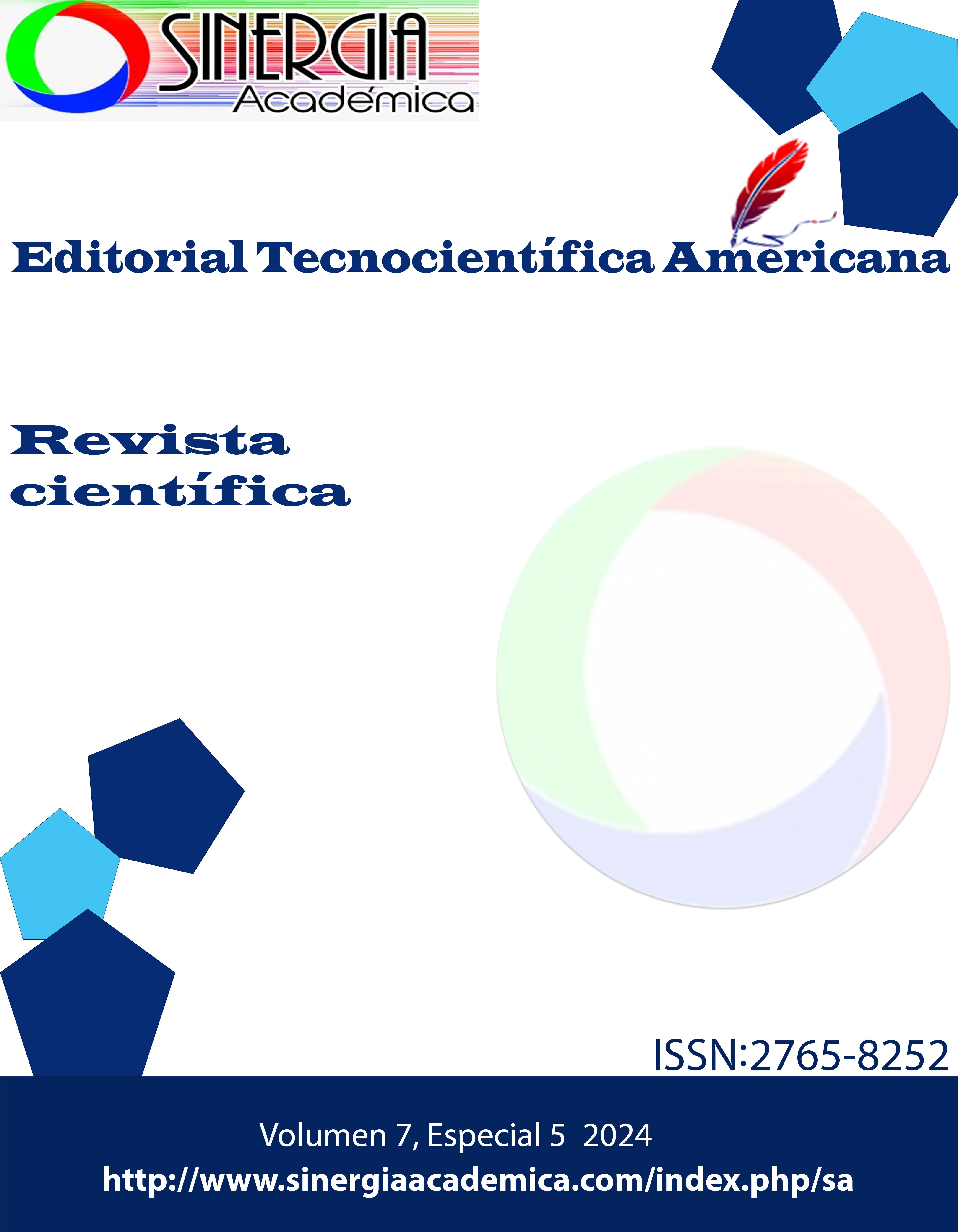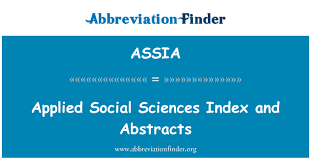Estrategia didáctica basada en recursos digitales para el aprendizaje de la multiplicación en estudiantes de la educación general básica
DOI:
https://doi.org/10.51736/6kvd9c87Palabras clave:
estrategia didáctica, recursos digitales, aprendizaje de la multiplicaciónResumen
La matemática, por la importancia que reviste, está presente en cualquier currículo o programa de formación educativo; por lo que es imprescindible un proceso de formación en los escolares en el que logren un elevado conocimiento base, de números en diferentes operaciones matemáticas. Consecuentemente, la presente investigación se propone desarrollar una estrategia didáctica, basada en recursos digitales para el aprendizaje de la multiplicación. La investigación fue de tipo descriptiva-explicativa y se desarrolló en tres fases, durante el curso escolar 2023. Se enmarcó en un enfoque mixto en el que se utilizaron diferentes métodos y técnica, para lo que se utilizó la complementariedad multimetodológica en la interpretación rigurosa de los resultados producto a la indagación científica. Se realizó un análisis de los principales aspectos relacionados con el aprendizaje de la multiplicación, en el que se levantaron los aspectos necesarios para plantear el diseño y desarrollo de la estrategia didáctica basada en recursos digitales. Para conocer la efectividad de la propuesta, se realizó una consulta a expertos y se valoraron los principales resultados alcanzados. En este sentido, se mostraron resultados favorables relacionados con el empleo de los recursos digitales en la enseñanza de la multiplicación. El empleo del criterio de los expertos evidenció el carácter objetivo de la propuesta, en este sentido, se reconoció la integralidad de las acciones, la variedad, la suficiencia y la replicabilidad de la misma. Todo lo que evidencia la validez de la propuesta.
Descargas
Publicado
Número
Sección
Licencia
Derechos de autor 2024 Sinergia Académica

Esta obra está bajo una licencia internacional Creative Commons Reconocimiento-NoComercial-CompartirIgual 3.0.
















